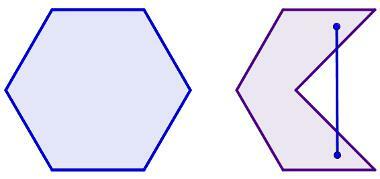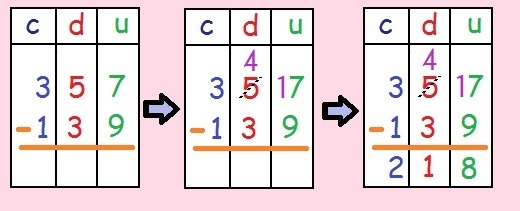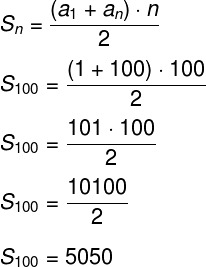Have you ever stopped to think about what the world would be like if there were no standardized measurement units? At first this appears to be an unimportant question, but with a little reflection on our daily lives, we will see that it becomes relevant.
Reflect on the following situation:
The teacher asks each student to measure their home lot for the next class. The next day, the teacher asks each student to say what measurements were obtained.
Peter: "My home lot is 80 feet wide and 800 feet long."
João: "My house's lot is bigger than Pedro's, as it is 82 feet wide and 810 feet long."
Thought:

Think about the possibility that their feet are different sizes: this will make it impossible to compare the two measurements. Assuming that Pedro's feet measure 40 centimeters (0.4 meters) and João's, 35 centimeters (0.35 meters), what is the measure of the lot of each one?
Width:
Peter : 80×40= 3200 centimeters
João: 82×35= 2870 centimeters
Note that Peter's plot width measurement is larger than John's!
Length:
Peter : 800×40 = 32000 centimeters
João: 810×35 = 28350 centimeters
Note that Peter's plot length measure is longer than John's!
So, if everyone used a different object to take measurements, our world would be a real mess, as we could never compare each person's measurements. After all, each object would be of a different size, as happened in the case of Pedro's and João's lots, in which the João's lot had a larger number of feet than Pedro's lot, but his foot was much smaller than Pedro's lot. Peter.
That's why the measurement units are standardized all over the world. If you measure something using the unit of measure (meters, for example), it will be the same in any other country.
Do you still remember the existing units of measure? Check out the following articles: Volume and capacity measurements, Area Units, Capacity measurement units and Units of Measure of Time.
Know that for everything we study in our life there is a purpose, even if you currently don't really understand that purpose is this, do not despise the knowledge acquired during your life, as they can be useful in your future.
By Gabriel Alessandro de Oliveira
Graduated in Mathematics
Related video lesson:



